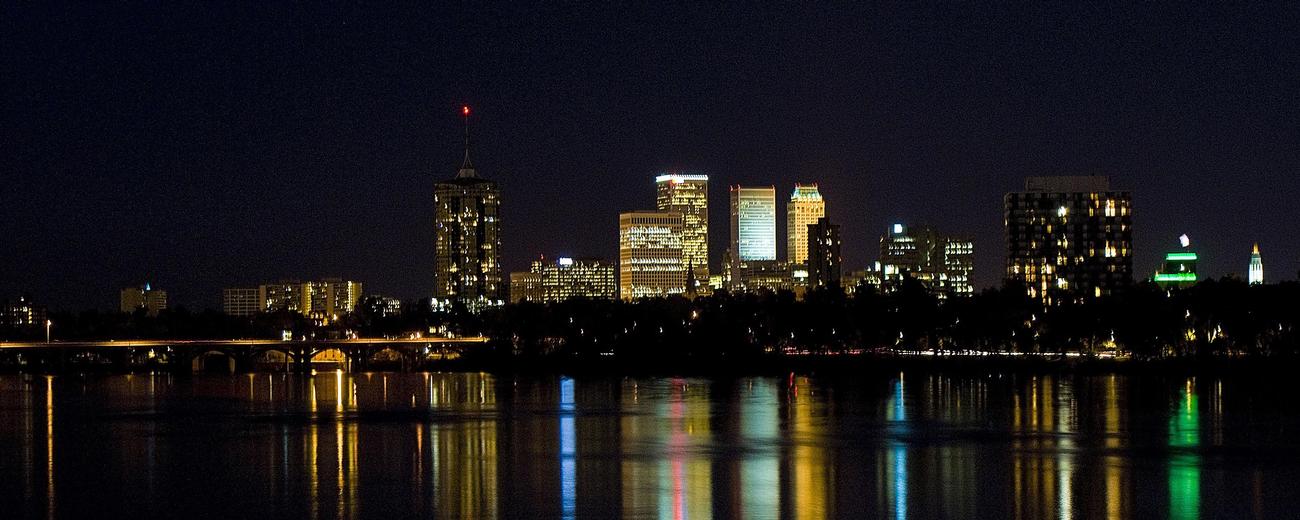Tulsa, population 367,302, is a cosmopolitan city with a love of arts, architecture, and cultural experiences. Lochapoka Creek Indians first settled the area in the 1800s. Cattle ranchers, African-American settlers, and eastern oil entrepreneurs soon followed. In the 1900s an influx of oil money invigorated the town. Today, Tulsa is an Arkansas River port city with a thriving oil- and aerospace-based economy. It is home to Oral Roberts University and Tulsa University.
Tulsa offers the full complement of big city cultural attractions including ballet, opera, theater, and orchestra. The downtown area is dotted with art deco style buildings like the towering Boston Avenue United Methodist Church. For family adventure, there are a variety of amusement parks like Big Splash Water Park and Bells Amusement Park and the Tulsa Zoo and Oklahoma Aquarium. In addition, Perryman Wrangler Ranch provides 200 acres of hayrides, mock outlaw shootouts, and other Wild West fun.
The Gilcrease Museum and the Philbrook Museum of Art are Tulsa's most popular and renowned museums. The Gilcrease Museum has an extensive art collection focusing on Native American and American West art and artifacts from pre-historic time to present day. The Philbrook Museum of Art, features a broad range of artwork. It is housed in a restored 1900s Italian-style villa that is listed on the National Register of Historic Places. Other museums throughout Tulsa are devoted to contemporary, local and Jewish art, dolls, ancient linens, jazz, and rocks and minerals. The Greenwood Cultural Center and the Mabel B. Little Heritage House preserve the history of Tulsa's African-American settlers.
Comedy clubs, dance clubs, and bars in the Brady District and Brookside are open late for nighttime entertainment. Visitors can kick up their heels at Cain's Ballroom, a country-western dancing and music mecca. Area casinos are open year round and during the summer months there are live horse races at Fair Meadow.
Tulsa offers a variety of shopping venues from malls, to high-end boutiques, to farmer's markets. Utica Square's landscaped outdoor setting is the backdrop for the city's exclusive high-end shops. For antiques, shoppers go to Jenks, American. Brookside and Cherry Street feature the city's most unique boutiques.
Mohawk Park, Oxley Nature Center, and Tulsa Garden Center provide green space within the city. Along the Arkansas River there are 20 miles of biking, hiking, and in-line staking trails. There are sixteen public golf courses in the Tulsa area. Nearby, at 26,300-acre Keystone Lake, fishing, boating, water-skiing, and swimming are popular.
Tulsa is located 107 miles northeast of Oklahoma City. It is accessible via Interstate Highway 44, and U.S. Highways 64, 75, and 169. There are many lodging options.









